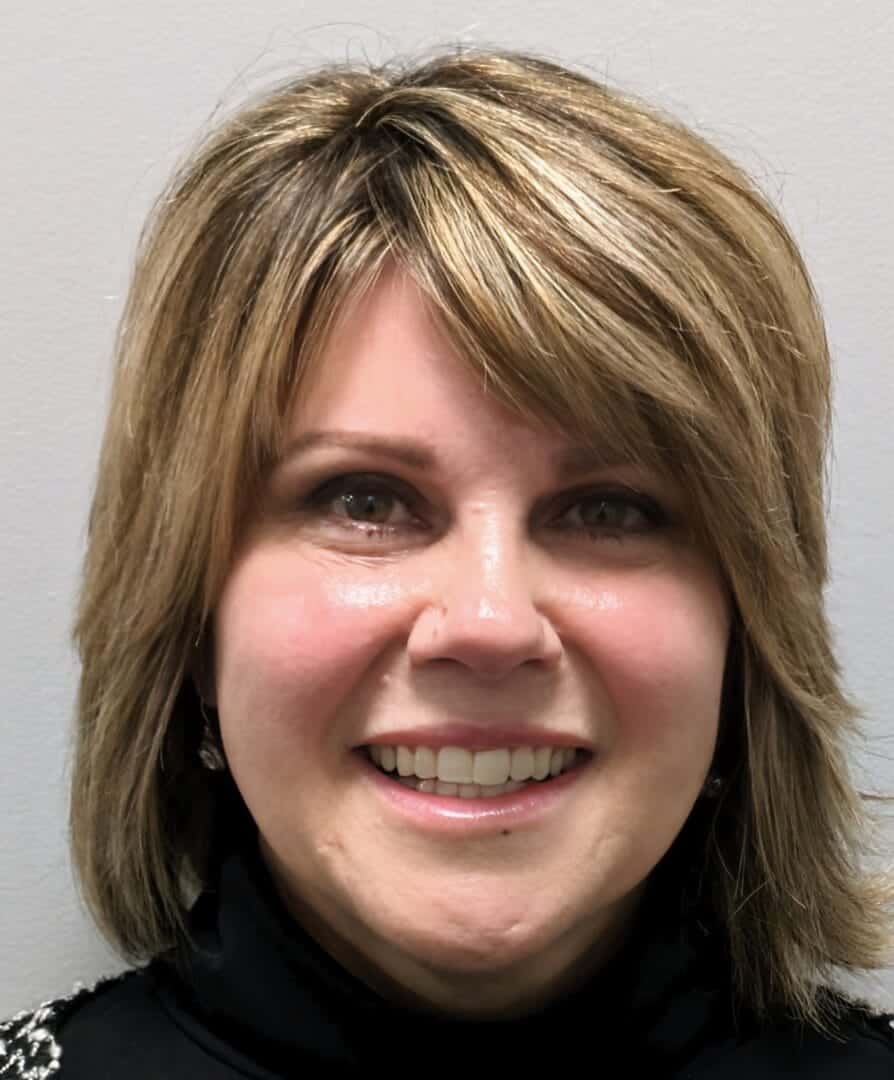Key Takeaways
- Living in a city has its perks, but it can also make heroin addiction harder to escape.
- The best recovery plans mix safe detox, therapy, and support for life after treatment.
- Programs at alcohol rehab Chandler are designed to help with both alcohol and heroin addiction at the same time.
- Local, targeted treatment matters especially in a neighborhood where triggers are everywhere.
Introduction
Walk down any busy street, and you’ll see a mix of lives playing out, people rushing to work, grabbing coffee, catching buses. But behind some doors, there’s a very different story unfolding. The Centers for Disease Control and Prevention (CDC) reports heroin-related overdose deaths have climbed steadily, and in many cities, the problem feels close to home. When alcohol use is part of the picture, too, things get more complicated. This is where programs like alcohol rehab Chandler can make a difference. They help people deal with both challenges at once, which can be the turning point in breaking free.Why Is Heroin Addiction So Difficult to Overcome in Urban Settings?
City life can be exciting, but it also makes certain risks harder to avoid. Access to drugs is often easier, and stressors pile up fast. The CDC’s National Center for Health Statistics found overdose death rates in many urban areas are higher than in rural ones (Spencer et al., 2022). That isn’t just a number, it’s neighbours, friends, and co-workers getting caught in a dangerous cycle. Research from the Johns Hopkins Bloomberg School of Public Health even mapped out “hotspots” where opioid use is more common. If you live there, it’s like being surrounded by triggers, which can make recovery even tougher.What Does a Comprehensive Treatment Plan Look Like?
When heroin and alcohol are both in the mix, you can’t just quit cold turkey and hope for the best. Recovery often starts with a safe detox, where medical staff help you through withdrawal without risking your health. For alcohol dependency, that could mean going through a supervised alcohol detox procedure before tackling the deeper work. After detox, the real rebuilding begins. At heroin addiction rehab programs, you might do one-on-one therapy to get to the root of why addiction took hold, join group sessions to share experiences, and learn coping tools for daily life. Sometimes even something small — like watching an honest video about recovery can spark motivation.
How Do Co-Occurring Disorders Impact Recovery?
A lot of people dealing with heroin addiction also have anxiety, depression, or trauma in their past. In a city setting, with constant noise, pressure, and reminders of old habits, those mental health struggles can feel heavier. That’s why integrated treatment is so important. It’s not just about removing the drugs; it’s about healing the whole person. This might mean combining talk therapy, medication-assisted treatment, and community support. The goal is simple: when your mind and body are both cared for, staying sober gets a lot more possible.What Unique Challenges Do Urban Residents Face in Recovery?
Even with the will to get better, the city can throw up roadblocks. Maybe the rehab centre is across town, and buses are unreliable. Perhaps you’re living paycheck to paycheck, and taking time off for treatment feels impossible. Or maybe the same street corner where you buy groceries is where you used to buy drugs. That’s why some programs have adapted to offering flexible outpatient care, telehealth therapy, and help connecting with local support groups. Awareness campaigns like the CDC’s Overdose Prevention Program also help, giving people information before things spiral out of control. It’s about meeting people where they are, both literally and emotionally.How Can Someone Stay Sober Long-Term in a City Environment?
Getting through rehab is an accomplishment, but it’s what happens after that that often determines success. Urban life comes with constant temptation, so aftercare matters. That can mean moving into a sober living home, attending alumni meetings, getting job training, or simply having someone to call on a bad day. The truth is, recovery isn’t about never stumbling; it’s about having the support to stand back up. A strong network, whether it’s friends, family, or peers from rehab, can make the difference between a slip and a full relapse.
Conclusion
Heroin addiction in the city is a real fight, but it can be won. With the right mix of medical care, emotional support, and a plan for the future, recovery isn’t just a possibility; it’s within reach. If you or someone close to you is facing both alcohol and heroin addiction, Virtue Recovery Chandler offers compassionate, tailored help for exactly these challenges. Call Virtue Recovery Chandler today at 866-338-5779 and take that first step toward a life you can feel proud of.How Can Alcohol Rehab Solutions for Urban Populations Help Veterans with Relapse Prevention?
Alcohol rehab solutions for urban populations play a vital role in supporting veterans struggling with addiction. These programs often incorporate tailored strategies for veterans overcoming depression and cravings, ensuring that individuals receive the holistic care they need. By addressing mental health and addiction simultaneously, successful recovery becomes more achievable.
FAQs
What makes heroin addiction more prevalent in urban areas?
Urban settings often have higher drug availability, population density, and socioeconomic stressors, increasing the risk of substance use.Can alcohol rehab help someone with heroin addiction?
Yes. Many alcohol rehab facilities also provide treatment for other substance use disorders, including heroin addiction, mainly when both addictions occur together.What is the first step in treating heroin addiction?
A safe medical detox is typically the first step, allowing withdrawal symptoms to be managed under supervision before starting therapy.How does therapy help in heroin addiction recovery?
Therapies like CBT and group counselling address underlying issues, teach coping skills, and create supportive peer relationships.Is relapse common after treatment?
Relapse can occur, but with strong aftercare, support systems, and relapse prevention planning, long-term recovery is achievable.Resources
-
- Centres for Disease Control and Prevention. “Heroin.” Overdose Prevention, CDC, 9 June 2025, https://www.cdc.gov/overdose-prevention/about/
-
- Spencer, M. R. et al. “Urban–Rural Differences in Drug Overdose Death Rates and Associated Opioid Involvement: United States, 2020.” National Centre for Health Statistics Data Brief no. 440, CDC, 2022, https://www.cdc.gov/nchs/products/databriefs/db440.htm
-
- Johns Hopkins Bloomberg School of Public Health. “Study Reveals Urban Hotspots of High‑Schoolers’ Opioid Use.” Johns Hopkins University, 14 Nov. 2019, https://publichealth.jhu.edu/2019/study-reveals-urban-hotspots-of-high-schoolers-opioid-use








